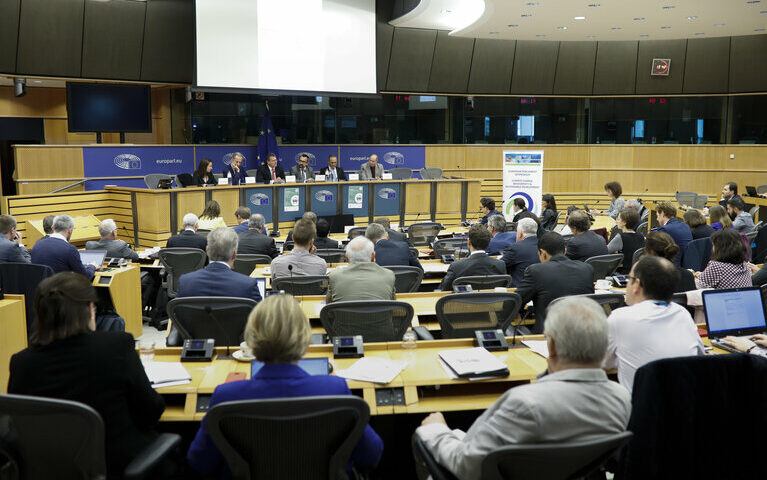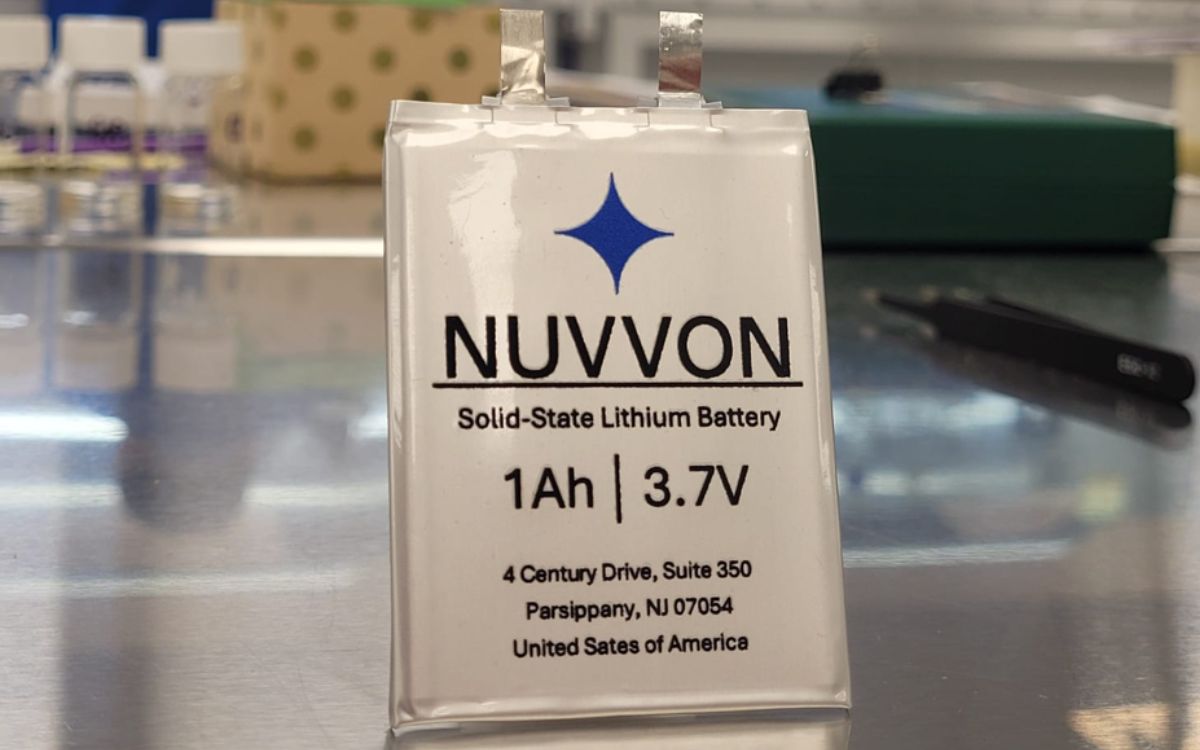The European Union said its Parliament and Council reached a provisional agreement to overhaul EU battery rules. They will cover the entire battery life cycle, from design to end-of-life.
The new EU Batteries Regulation, announced in a statement last week and still to be approved, will apply to all types of batteries sold in the EU, including SLI, electric vehicle (EV) and industrial batteries.
The deal stipulates a carbon footprint declaration and label will be obligatory for EV batteries, light means of transport (LMT) batteries and rechargeable industrial batteries with a capacity above 2kWh, the statement said.
LMT and EV batteries, and industrial batteries with a capacity above 2 kWh, will also be required to have a “digital battery passport”. This must include information on the battery model and specific information on the individual battery and use.
All economic operators placing batteries on the EU market, except for SMEs, will be required to develop and implement a “due diligence policy”. It will have to be consistent with international standards and address the social and environmental risks linked to sourcing, processing and trading raw materials and secondary raw materials.
- Collection targets are set at 51% by 2028 and 61% by 2031 for LMT batteries
- Minimum levels of recovered cobalt (16%), lead (85%), lithium (6%) and nickel (6%) from manufacturing and consumer waste must be reused in new batteries.
All waste LMT, EV, SLI and industrial batteries must be collected free of charge for end-users, according to the update.
Parliamentarian Achille Variati, of the Socialists and Democrats grouping, said: “Our overall aim is to build a stronger EU recycling industry, particularly for lithium, and a competitive industrial sector as a whole, which is crucial in the coming decades for our continent’s energy transition and strategic autonomy. These measures could become a benchmark for the entire global battery market.”
Industry reaction
Rene Schroeder, Executive Director of EUROBAT, the European automotive and industrial battery manufacturers’ association, said: “The Batteries Regulation provides a stable regulatory framework for continuing supporting the EU climate action agenda. The proposal puts in place an ambitious sustainability framework for batteries, and helps stepping up efforts to manage environmental and social impacts along the entire battery value chain.”
The Eurometaux trade association representing the European non-ferrous metals industry, said the rules are “an important step to differentiating Europe’s batteries market on the global stage.”
Kamila Slupek, Sustainability Director of Eurometaux, added: “The Commission’s commitment to review its recycled content targets by 2028 is especially important to confirm feasibility for European players once the picture is clearer.
“We’re also pleased negotiators have agreed that battery production scrap will count towards recycled content targets, as this will make up the bulk of European supply until after 2030.”
Slupek called for more European investment into mining, refining and recycling.












